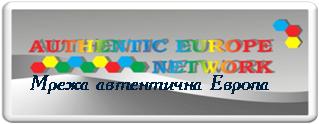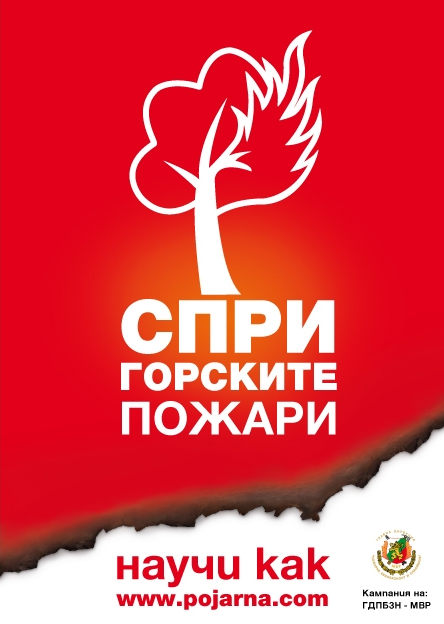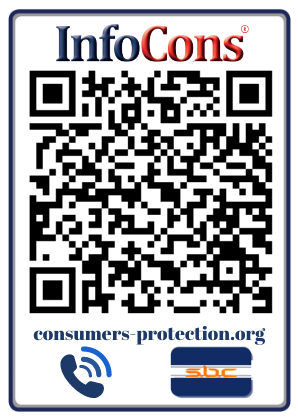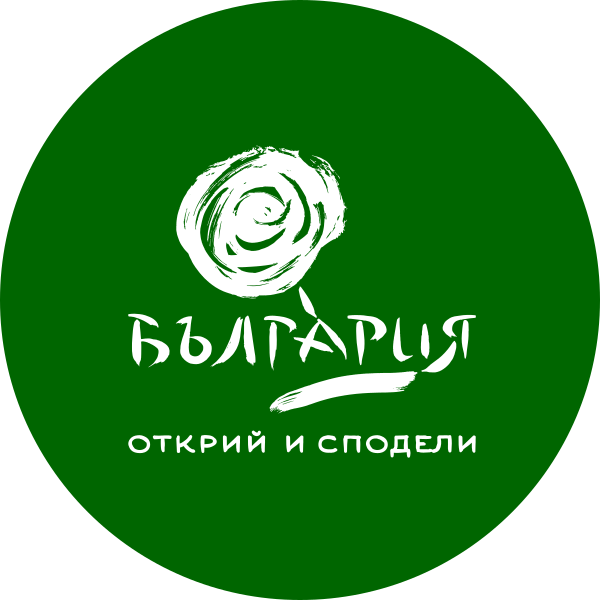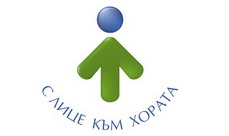Официален интернет сайт
The Association for Innovative Mentality & the Municipality of Strumyani organized the Town Twinning event entitled "EPIC – Embracing Our Shared Past" as part of the CERV Programme. The event took place in Bansko and Strumyani on May 28 and 30, 2025.
The event took place in Bansko and Strumyani on May 28 and 30, 2025.
With an impressive demonstration of collaborative efforts, the Association for Innovative Mentality & the Municipality of Strumyani, Bulgaria, successfully hosted the conference under the European project "EPIC" from May 28 to 30, 2025. This event, in collaboration with municipalities from various European cities, aimed to strengthen connections between European communities and create a deeper sense of community cohesion.
The partner consortium included five EU countries: Bulgaria, Italy, Greece, Slovenia and Spain. The partners were second-level local government bodies (Municipalities), such as the Municipality of Strumyani (Bulgaria), Comune Di Soriano Nel Cimino (Italy), the Municipality of Veroia (Greece), the Municipality of Novo Mesto (Slovenia) and the Ajuntament de Sueca (Spain) as well as NGOs representing the municipality, such as AIM (Bulgaria), EQUALINE (Greece) and ZAVOD BOTER (Slovenia).
The three-day “Embracing Our Shared Past” EPIC project workshop in Bansko and Strumyani, Bulgaria, brought together municipal representatives, policy experts, and cultural practitioners from across Europe to explore how heritage and culture can strengthen European solidarity and identity. Kicking off on the afternoon of Day 1, participants were warmly welcomed with coffee and registration before setting the tone with an opening address emphasizing the project’s vision of cultural cooperation across borders.
Following the welcome, the agenda was laid out alongside a broader framing of culture and heritage preservation in Europe. In a concise presentation, facilitators introduced the rationale behind EPIC, underscoring that safeguarding local traditions enriches Europe’s collective identity. This was followed by a round of introductions from the five participating bodies, each illustrating how European integration and solidarity manifest in their home contexts, from Strumyani’s municipal initiatives to community-driven projects in Soriano Nel Cimino, Veroia, Novo Mesto, and Sueca.
The afternoon’s plenary speeches delved into the power of cultural identity and the imperative to preserve heritage in a rapidly modernizing Europe. A cultural policy expert highlighted how national and regional narratives can become bridges rather than barriers when shared across borders. Then, a policy advisor outlined current EU frameworks for heritage protection, stressing the need for grassroots engagement to complement top-down approaches. After a brief coffee break, a historical expert moderated a conversation on cultural diplomacy, unpacking case studies where joint cultural initiatives have eased diplomatic tensions and fostered mutual understanding. An open discussion that followed invited all participants to reflect on “Building Unity Through Shared Cultural Values,” surfacing both challenges and success stories from their home communities.
In the evening, the workshop shifted to a hands-on cultural exchange: each municipality showcased traditional dishes in a chef‑led tasting event. Between bites, participants shared stories behind recipes, revealing the layers of history embedded in regional cuisines. The day concluded with a convivial welcome dinner, setting a friendly tone for the days ahead.
Day 2 deepened the exploration of living heritage through thematic sessions. The morning began with “Folk Traditions as Living Heritage,” where folklorists and local storytellers demonstrated how age‑old practices continue to shape community life. This was followed by “Why Culture Matters to Our Future,” an interactive dialogue that connected cultural vitality to social cohesion, economic development, and youth engagement. After a coffee pause, a third session on “Cultural Leadership for a Shared Future” showcased examples of local leaders who have successfully mobilized citizens around heritage projects.
The afternoon featured a two‑part training workshop under the theme “Culture as a Bridge for Overcoming Division, Building Belonging” and “How Local Traditions Feed European Policy.” Through group exercises, participants brainstormed actionable ways to integrate traditional practices into EU‑funded Programmes, sharing templates for proposals and impact assessments. The day wrapped up with a Q&A reflecting on bottom‑up cultural innovation, demonstrating how small‑scale initiatives can ripple out to inform broader EU agendas. That evening’s cultural evening and dinner offered a final opportunity for networking, with performances and storytelling that celebrated the diversity, and unity, of European culture.
On Day 3 in Strumyani, the focus shifted to experiential learning. A study visit to the municipality’s decision‑making departments provided insights into administrative processes and community engagement strategies. At an open forum, local artists and cultural activists staged performances that embodied “Voices and Movements of Unity,” illustrating the transformative potential of participatory arts. In a concluding lab session, mayors, citizens, and NGO leaders collaboratively drafted a “Cultural Declaration of Unity,” outlining shared commitments to heritage preservation, intercultural dialogue, and joint programming. The workshop concluded with lunch and a closing ceremony, where participants exchanged final reflections and departed with renewed motivation to carry EPIC’s principles back to their communities.
Across all sessions, the EPIC agenda fostered an inclusive environment where policy frameworks met lived traditions, and strategic planning intertwined with creative exchange. The outcomes, a set of draft guidelines, intermunicipal partnerships, and a collective declaration, mark significant steps toward embedding cultural heritage at the heart of European solidarity.
Concluding, the EPIC event demonstrated the power of youth-led initiatives in shaping a united and inclusive Europe. Through thoughtful discussions, hands-on workshops, and cultural exchanges, participants deepened their understanding of European identity, sustainability, and solidarity. The Municipality of Strumyani, in partnership with AIM and European partners, created an empowering space for dialogue and action, paving the way for future collaborations and youth-driven innovation. As participants return to their communities, they carry with them the inspiration and tools to drive change and build a Europe that truly reflects their aspirations.
EVENT DESCRIPTION SHEET

